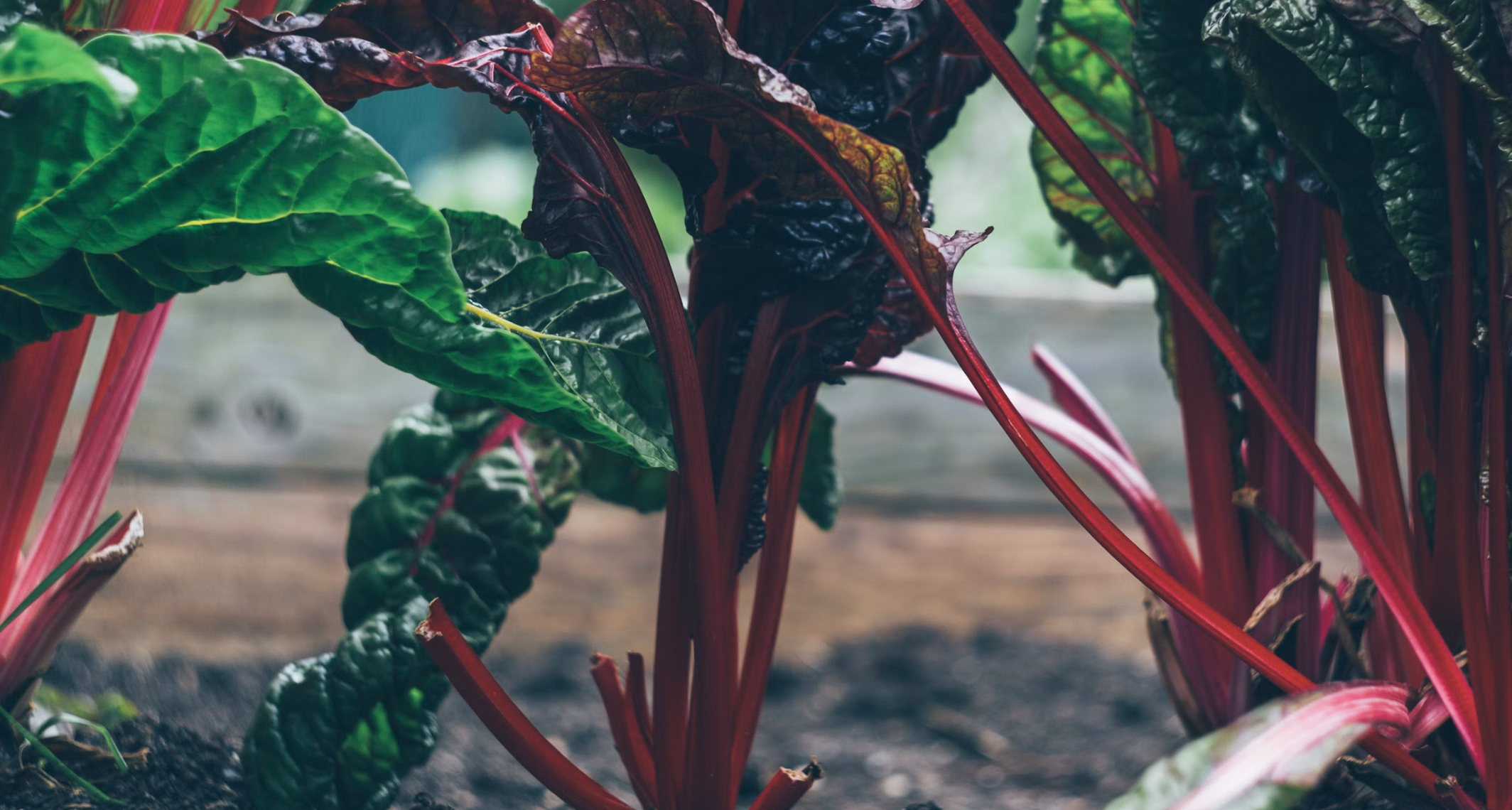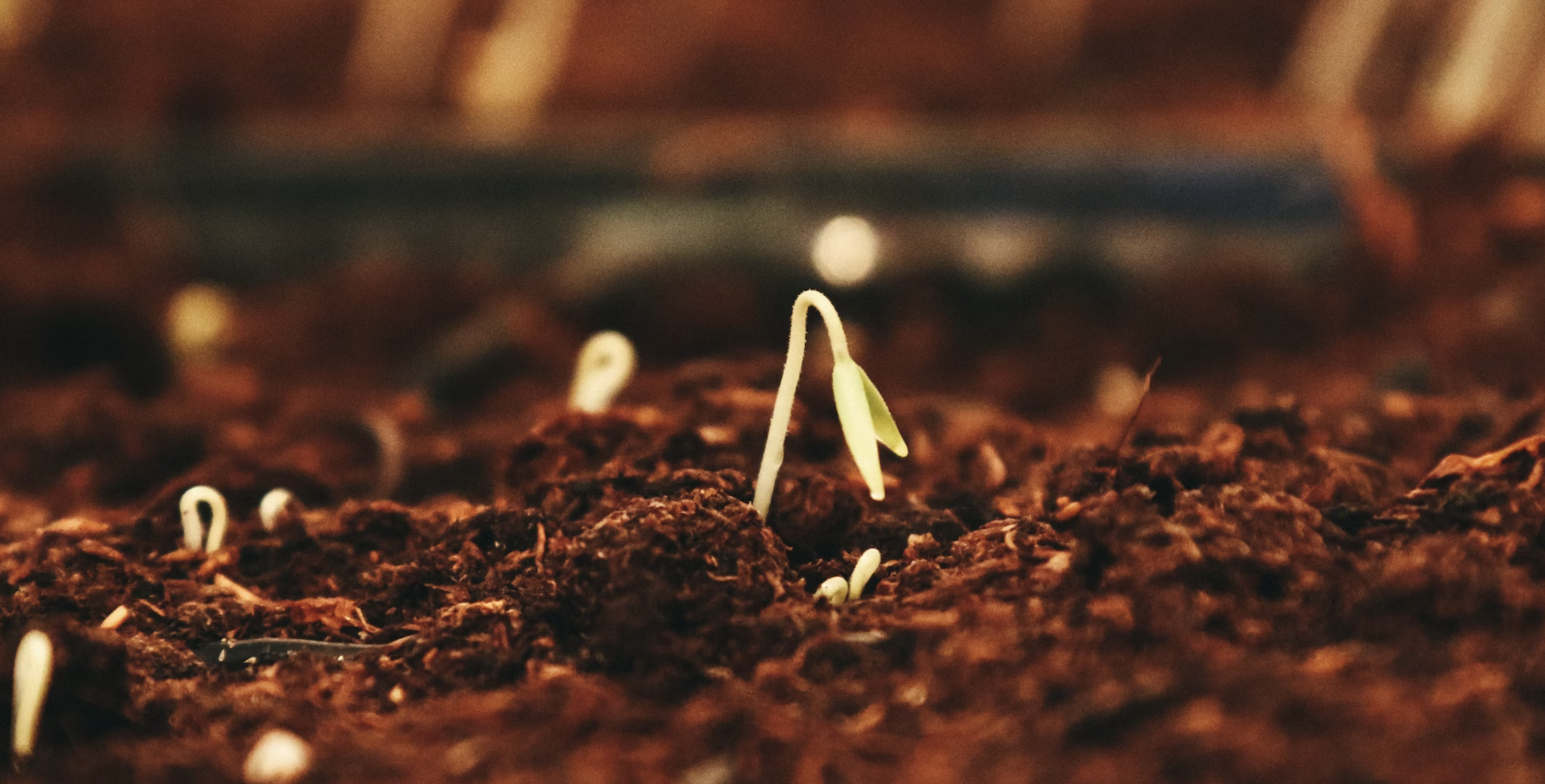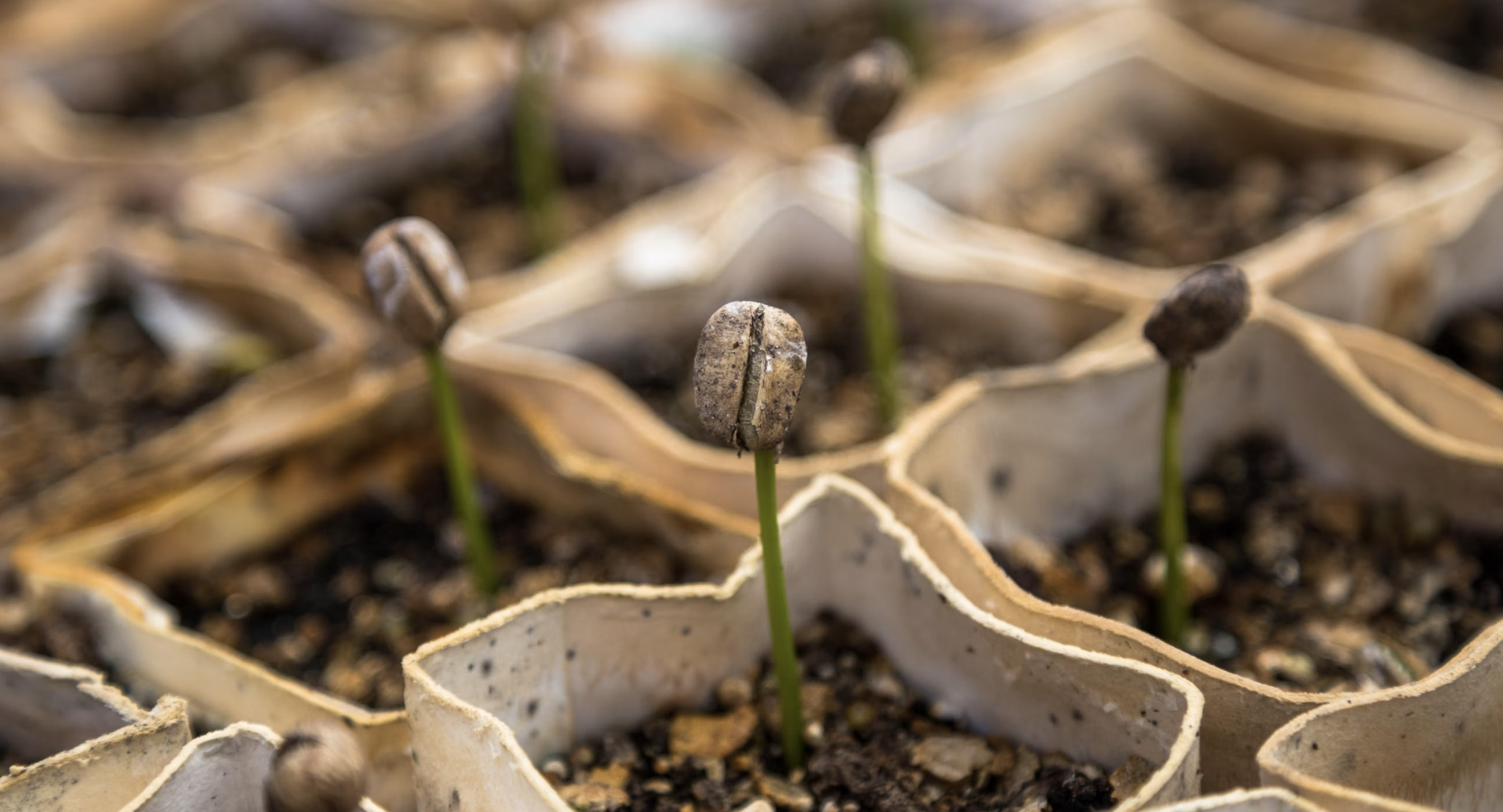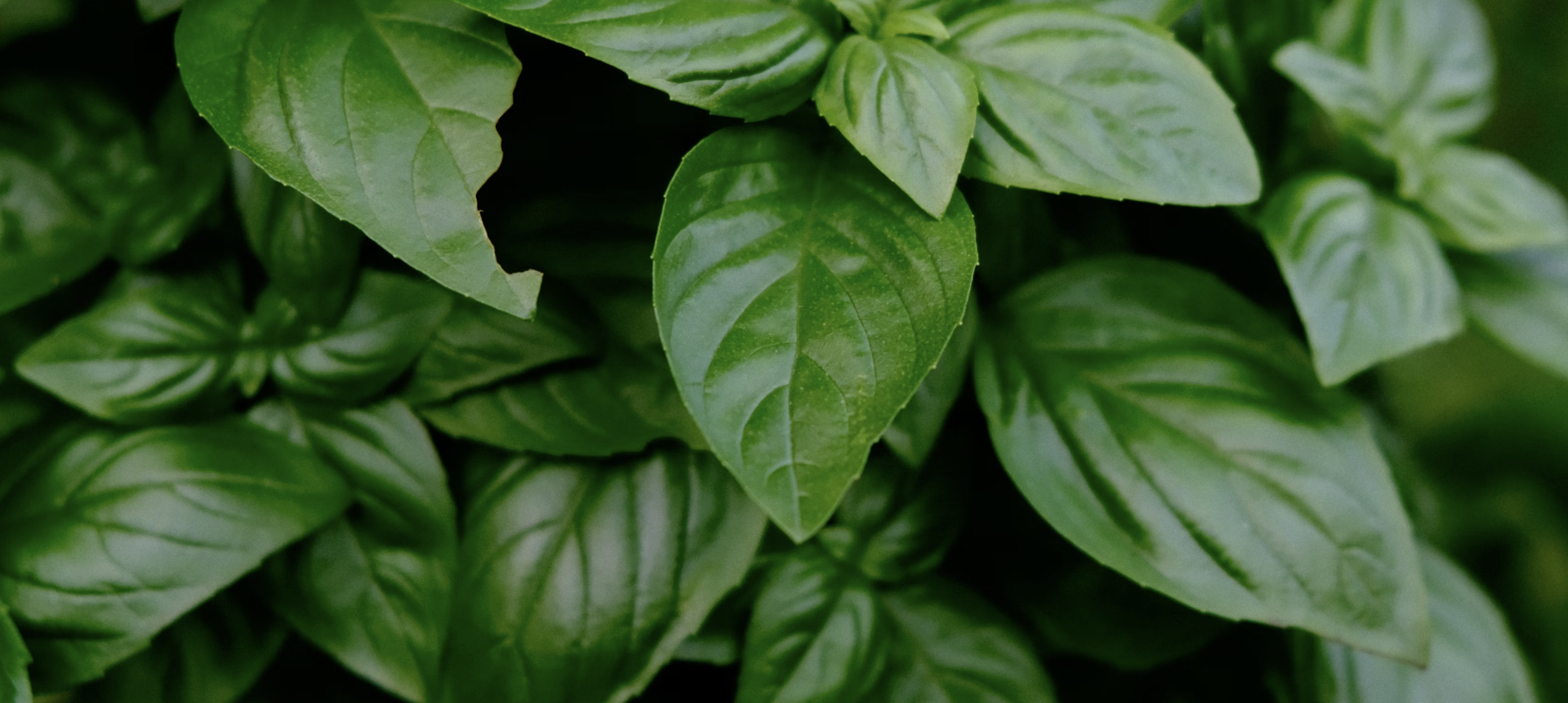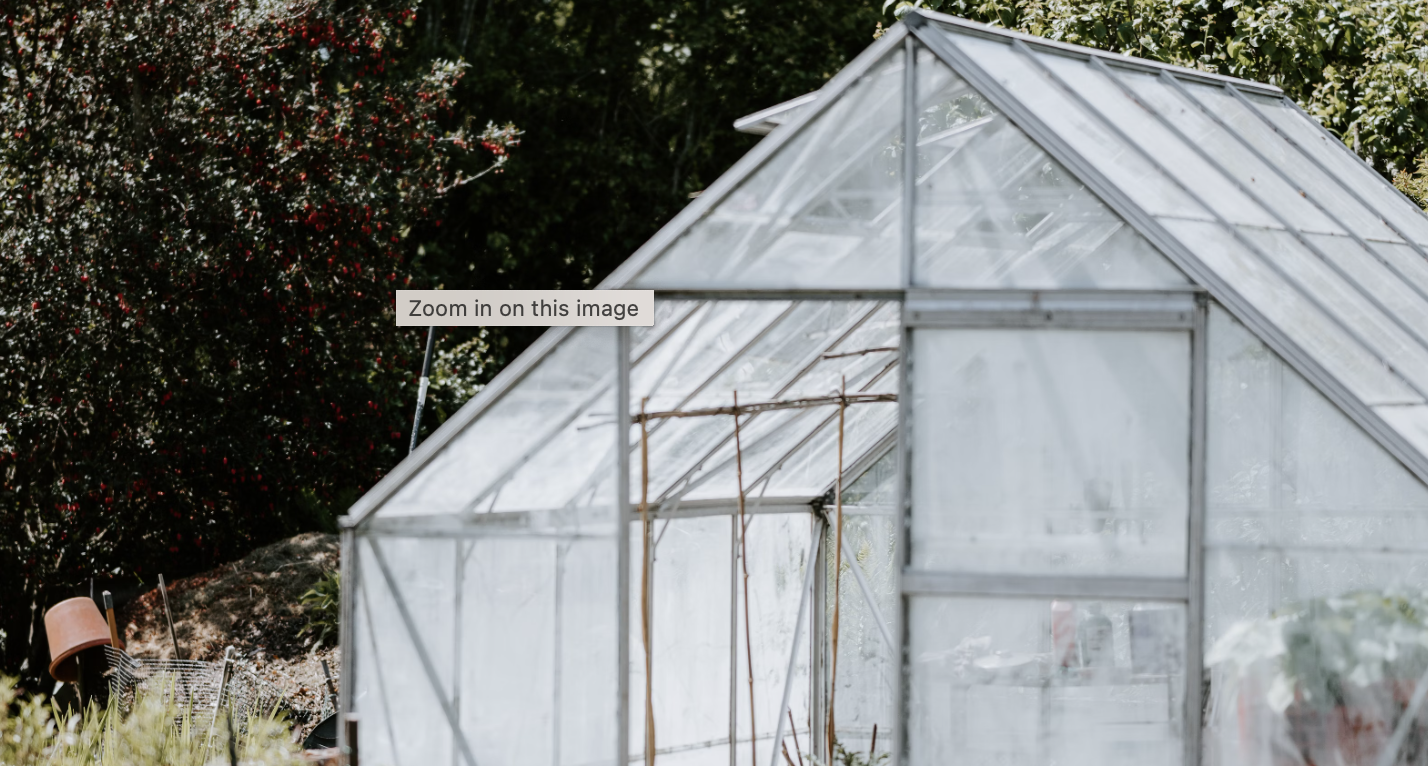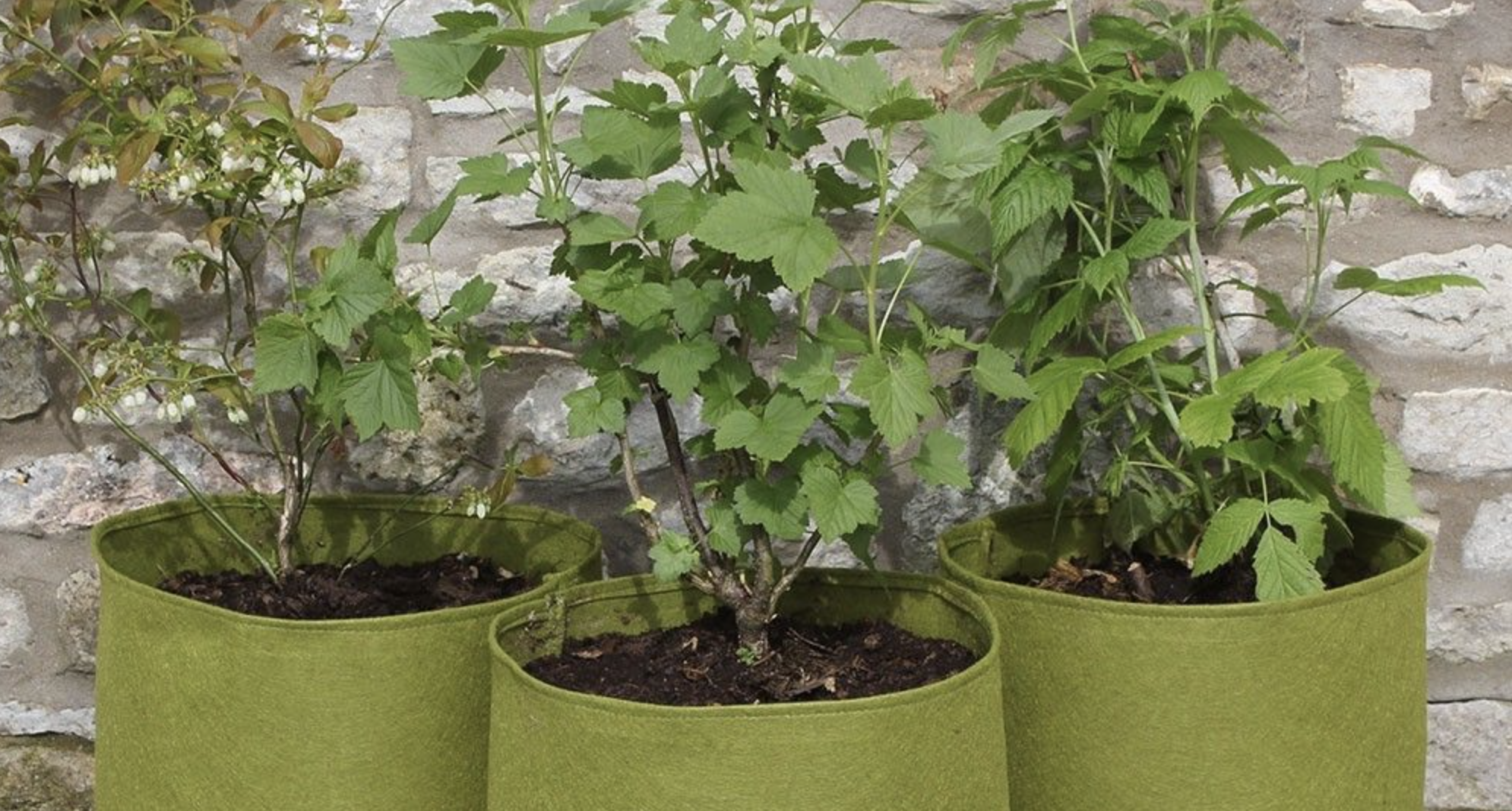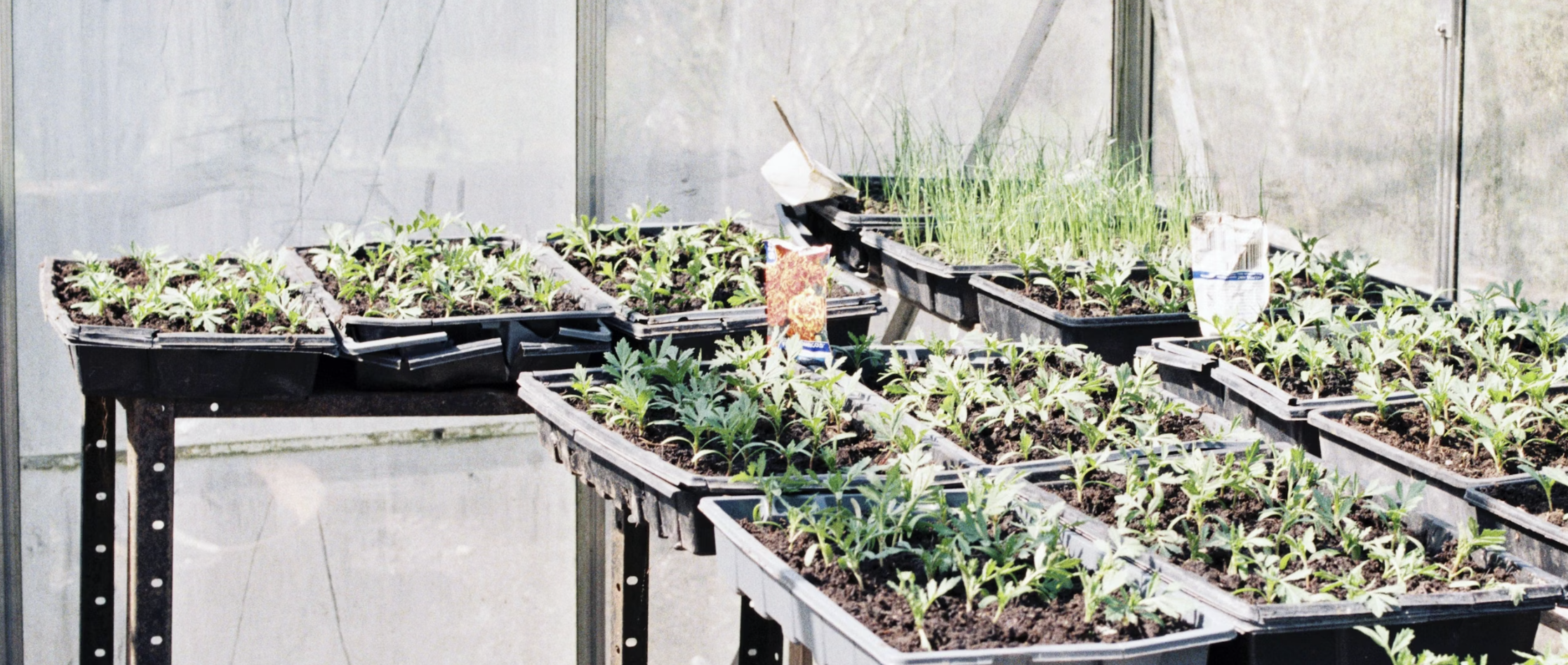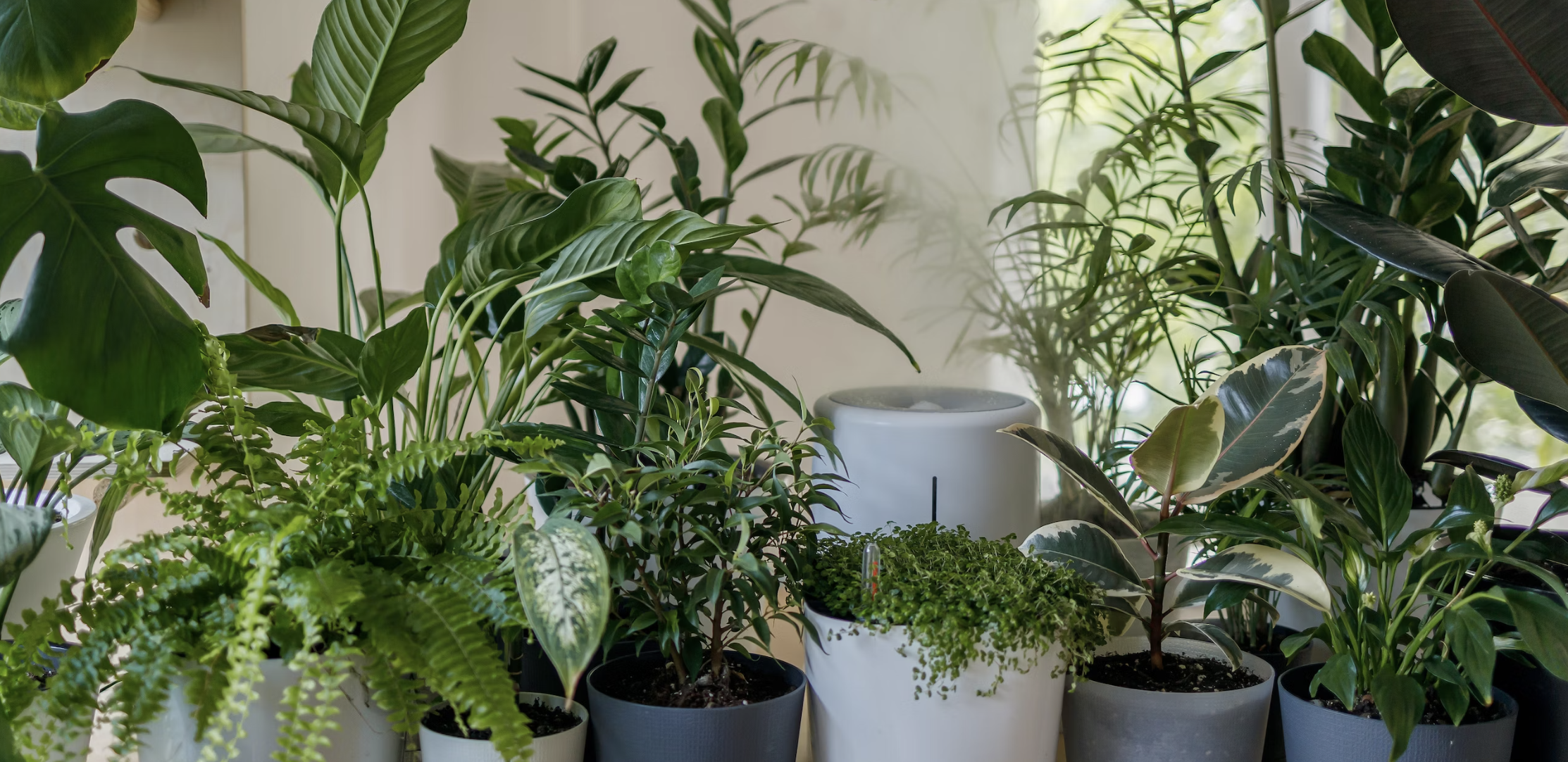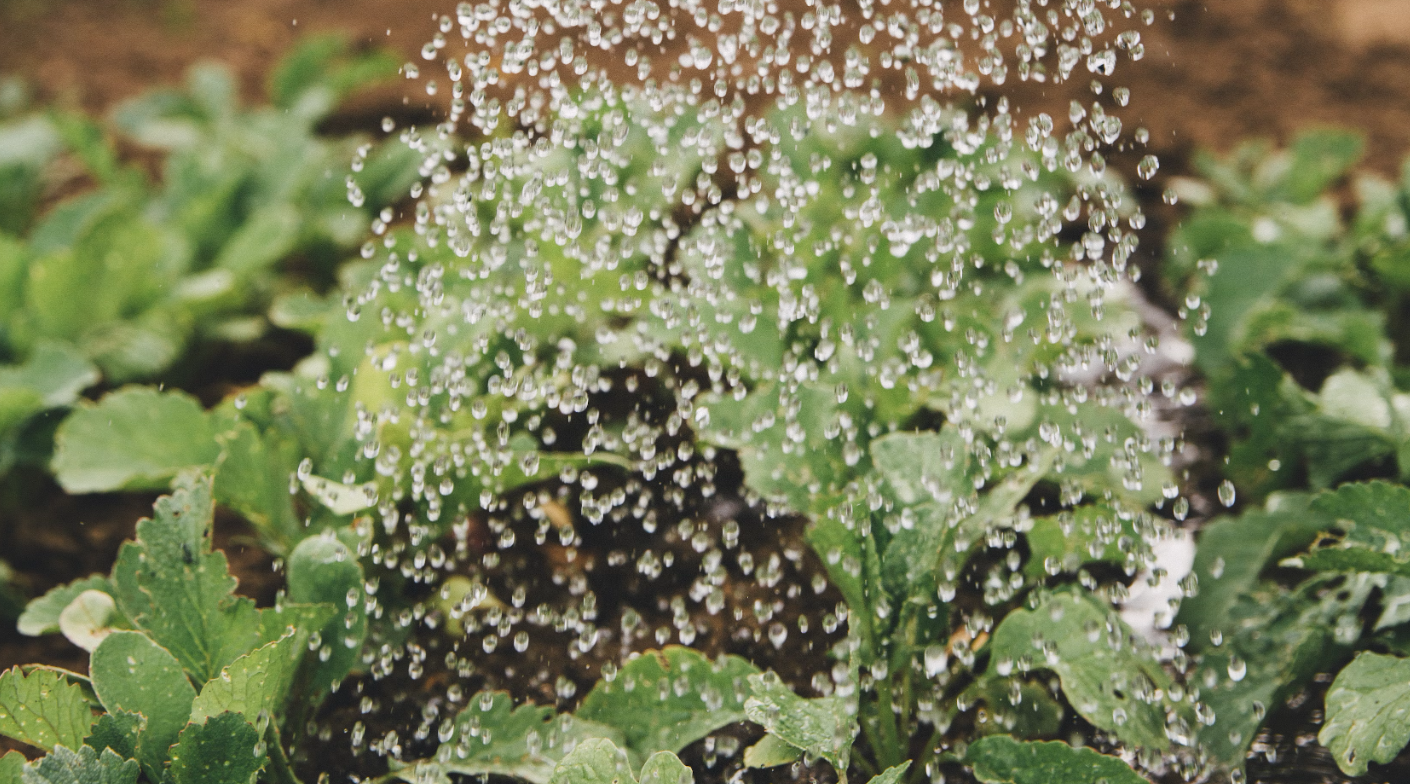
Are you ready to embark on a journey towards a healthier and sustainable lifestyle? Look no further than the world of organic vegetable seeds. These little powerhouses of nutrition are the key to unlocking the secrets of a truly bountiful harvest. But before you dive in, it's essential to have a comprehensive buying guide at your fingertips.
In this article, we will demystify the process of buying organic vegetable seeds and help you make informed choices. Whether you're a seasoned gardener or a beginner, we have got you covered. From understanding the importance of organic seeds to deciphering seed labels and finding reliable sources, we will explore every aspect to ensure your gardening adventure is a success.
Our brand voice aims to inspire and educate, empowering you to make the best choices for your organic garden. So, get ready to dig into the fascinating world of organic vegetable seeds as we unlock the secrets that will transform your garden into a veritable cornucopia of goodness. Let's plant the seeds of knowledge together!
Benefits of growing organic vegetables from seeds
When it comes to growing your own vegetables, there's something truly satisfying about starting from seeds. Not only does it give you a sense of accomplishment, but it also allows you to have full control over the growing process. Here are some key benefits of growing organic vegetables from seeds:
1. Healthier Plants and Produce: Organic vegetable seeds are grown without the use of synthetic fertilizers, pesticides, or genetically modified organisms (GMOs). This means that the plants and produce you grow will be free from harmful chemicals, resulting in healthier and more nutritious food for you and your family.
2. Variety and Diversity: When you buy organic vegetable seeds, you open up a world of possibilities in terms of the variety of plants you can grow. From heirloom tomatoes to exotic peppers, organic seeds offer a wide range of options to suit your taste and preferences. You can experiment with different flavors, colors, and textures, making your meals more exciting and delicious.
3. Cost-effective: Growing vegetables from seeds can be a cost-effective way to fill your garden with fresh produce. Organic seeds are generally more affordable than buying established plants, and you can save even more by collecting and storing seeds from your own harvest.
4. Sustainability: By growing organic vegetables from seeds, you contribute to a more sustainable food system. Organic farming practices protect the environment, promote biodiversity, and reduce the carbon footprint associated with transporting and packaging produce.
Now that you understand the benefits, let's delve deeper into the differences between organic and conventional seeds.
Understanding the differences between organic and conventional seeds
When it comes to choosing seeds for your organic garden, it's important to understand the differences between organic and conventional seeds. Here are some key distinctions:
1. Growing Methods: Organic seeds are produced using organic farming practices, which prohibit the use of synthetic pesticides, herbicides, and fertilizers. Conventional seeds, on the other hand, may be treated with chemical substances that are not allowed in organic agriculture.
2. Genetically Modified Organisms (GMOs): Organic seeds are non-GMO, meaning they haven't been genetically engineered or modified in any way. Conventional seeds, on the other hand, may be genetically modified to enhance certain traits such as resistance to pests or herbicides.
3. Seed Treatment: Conventional seeds are often treated with fungicides and insecticides to protect them from pests and diseases. Organic seeds, however, are not treated with synthetic chemicals and rely on natural methods for pest and disease control.
4. Certification: Organic seeds are produced by certified organic farmers and are subject to strict regulations and standards. They are labeled as organic and can be traced back to their source. Conventional seeds may not have the same level of transparency and certification.
Now that you have a clear understanding of the differences, let's move on to the next section where we will discuss how to choose the right organic vegetable seeds for your garden.
How to choose the right organic vegetable seeds
Choosing the right organic vegetable seeds is crucial for a successful garden. Here are some factors to consider when making your selection:
1. Climate and Growing Conditions: Different vegetable varieties thrive in different climates and growing conditions. Consider the average temperature, rainfall, and sunlight in your region and choose seeds that are well-suited to your specific environment. Look for varieties that are labeled as "adapted" or "recommended" for your area.
2. Garden Space: Assess the amount of space you have available for your garden. If you have a small space, opt for compact varieties or those that can be grown in containers. If you have a larger garden, you have more flexibility in choosing a wider range of vegetables.
3. Personal Preferences: Consider your taste preferences and the vegetables you enjoy eating. Do you prefer mild or spicy peppers? Are you a fan of leafy greens or root vegetables? Choose seeds that align with your culinary preferences to ensure you'll enjoy the fruits of your labor.
4. Growth Characteristics: Pay attention to the growth characteristics of the vegetable varieties you're considering. Some plants take longer to mature than others, while some may require trellising or staking for support. Consider the space, time, and effort required for each variety before making your decision.
Now that you know what to look for when choosing organic vegetable seeds, let's explore where to buy them.
Factors to consider when buying organic vegetable seeds
When it comes to buying organic vegetable seeds, there are several options available. Here are some reliable sources to consider:
1. Local Nurseries and Garden Centers: Visit your local nurseries and garden centers to find a wide selection of organic vegetable seeds. The advantage of buying locally is that you can get advice from experts who are familiar with the local climate and growing conditions.
2. Online Seed Suppliers: Many reputable online seed suppliers offer a wide variety of organic vegetable seeds. Look for suppliers that specialize in organic seeds and have positive customer reviews. Check if they provide detailed descriptions, growing instructions, and customer support.
3. Seed Swaps and Exchanges: Joining a seed swap or exchange is a great way to obtain organic vegetable seeds for free or at a low cost. These events bring together gardeners who are willing to share their surplus seeds, allowing you to expand your collection and try new varieties.
4. Seed Saving Networks and Organizations: Some organizations and networks focus on preserving heirloom and open-pollinated seeds. They often offer seed catalogs or online platforms where you can purchase organic vegetable seeds. By supporting these initiatives, you contribute to the preservation of biodiversity.
Now that you know where to buy organic vegetable seeds, let's move on to the next section where we will discuss tips for storing and preserving them.
Where to buy organic vegetable seeds
Proper storage and preservation of organic vegetable seeds are essential to maintain their viability and germination rates. Here are some tips to ensure the longevity of your seeds:
1. Dry and Cool Environment: Seeds should be stored in a dry and cool environment to prevent moisture and heat from damaging them. Airtight containers or seed packets placed in a cool, dark, and dry location, such as a refrigerator or a basement, can help extend their shelf life.
2. Labeling and Organization: Properly label your seed packets or containers with the variety, date of collection or purchase, and any other relevant information. This will help you stay organized and ensure you use the oldest seeds first.
3. Avoid Freezing: While some seeds can be stored in the freezer for long-term preservation, not all vegetable seeds tolerate freezing temperatures. Research the specific storage requirements for each type of seed to avoid damaging them.
4. Periodic Viability Testing: Over time, the viability of seeds decreases, and germination rates may decline. To ensure you're planting seeds that will successfully sprout, conduct periodic viability tests. Simply place a few seeds on a damp paper towel and observe how many germinate within a specified timeframe.
Now that you know how to store and preserve your organic vegetable seeds, let's explore some reputable organic vegetable seed brands you can consider.
Tips for storing and preserving organic vegetable seeds
When it comes to buying organic vegetable seeds, it's important to choose reputable brands that prioritize quality and sustainability. Here are some organic vegetable seed brands to consider:
1. Seeds of Change: Seeds of Change offers a wide variety of certified organic vegetable seeds. They are committed to preserving biodiversity and promoting sustainable agriculture.
2. High Mowing Organic Seeds: High Mowing Organic Seeds is a company dedicated to providing high-quality organic seeds. They offer a diverse selection of vegetable seeds, including heirlooms and open-pollinated varieties.
3. Baker Creek Heirloom Seeds: Baker Creek Heirloom Seeds is known for its extensive collection of heirloom vegetable seeds. They focus on preserving rare and unique varieties that are not commonly found in mainstream seed catalogs.
4. Johnny's Selected Seeds: Johnny's Selected Seeds is a trusted source for organic vegetable seeds. They offer a wide range of varieties, including hybrids and open-pollinated options, and provide detailed growing information to support gardeners of all levels.
Now that you have an idea of reputable organic vegetable seed brands, let's discuss some common mistakes to avoid when buying organic vegetable seeds.
Organic vegetable seed brands to consider
When it comes to buying organic vegetable seeds, it's important to be aware of common mistakes that can hinder your gardening success. Here are some mistakes to avoid:
1. Not Reading Seed Descriptions: Always read the seed descriptions carefully before making a purchase. Look for information on growth habits, disease resistance, and time to maturity. This will help you choose seeds that are suitable for your garden and meet your expectations.
2. Overbuying or Underbuying: It's easy to get carried away when browsing seed catalogs or websites. Avoid overbuying seeds, as you may end up with more than you can plant or care for. On the other hand, underbuying may limit your options and result in a less diverse garden.
3. Not Checking Seed Labels: Pay attention to seed labels and look for the organic certification symbol. This ensures that the seeds have been produced in accordance with organic standards. Avoid purchasing seeds labeled as "treated," as they may have been treated with synthetic chemicals.
4. Not Researching Varieties: Take the time to research the varieties you're interested in before buying. Consider their growth requirements, disease resistance, and suitability for your climate. This will help you make informed choices and increase your chances of success.
Now that you're aware of common mistakes to avoid, let's conclude this comprehensive buying guide by summarizing the key points and encouraging you to start your organic vegetable garden with the right seeds.
Common mistakes to avoid when buying organic vegetable seeds
In this comprehensive buying guide, we have explored the wonderful world of organic vegetable seeds. We've discussed the benefits of growing organic vegetables from seeds, the differences between organic and conventional seeds, and how to choose the right organic vegetable seeds for your garden. We've also provided tips for storing and preserving seeds, highlighted reputable organic vegetable seed brands, and outlined common mistakes to avoid when buying seeds.
Now armed with knowledge and inspiration, it's time to start your organic vegetable garden with the right seeds. Remember to consider your climate, personal preferences, and the characteristics of the vegetable varieties you choose. Source your seeds from reputable suppliers, store them properly, and conduct periodic viability tests. With dedication, care, and a little bit of patience, you'll soon enjoy the bountiful harvest of your organic garden.
So, are you ready to unlock the secrets of organic vegetable seeds and embark on a journey towards a healthier and sustainable lifestyle? Let's get planting and watch your garden flourish!
Conclusion: Starting your organic vegetable garden with the right seeds
When it comes to starting an organic vegetable garden, the quality of the seeds you use is of utmost importance. Organic seeds are grown without the use of synthetic fertilizers, pesticides, or genetically modified organisms (GMOs). They are a testament to the principles of sustainability, preserving biodiversity, and promoting a healthier environment.
Organic seeds not only ensure that your garden stays free from harmful chemicals, but they also contribute to the overall health of the ecosystem. By choosing organic seeds, you are supporting farmers who prioritize sustainable and ethical practices. So, it's not just about growing healthy vegetables for yourself; it's about being part of a larger movement towards a greener and more sustainable future.



